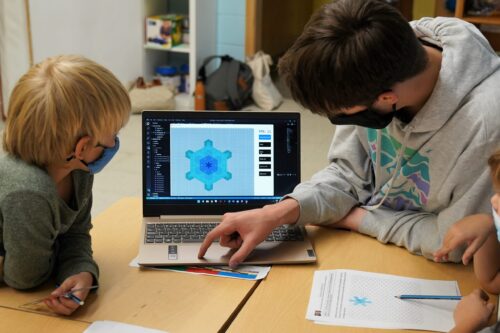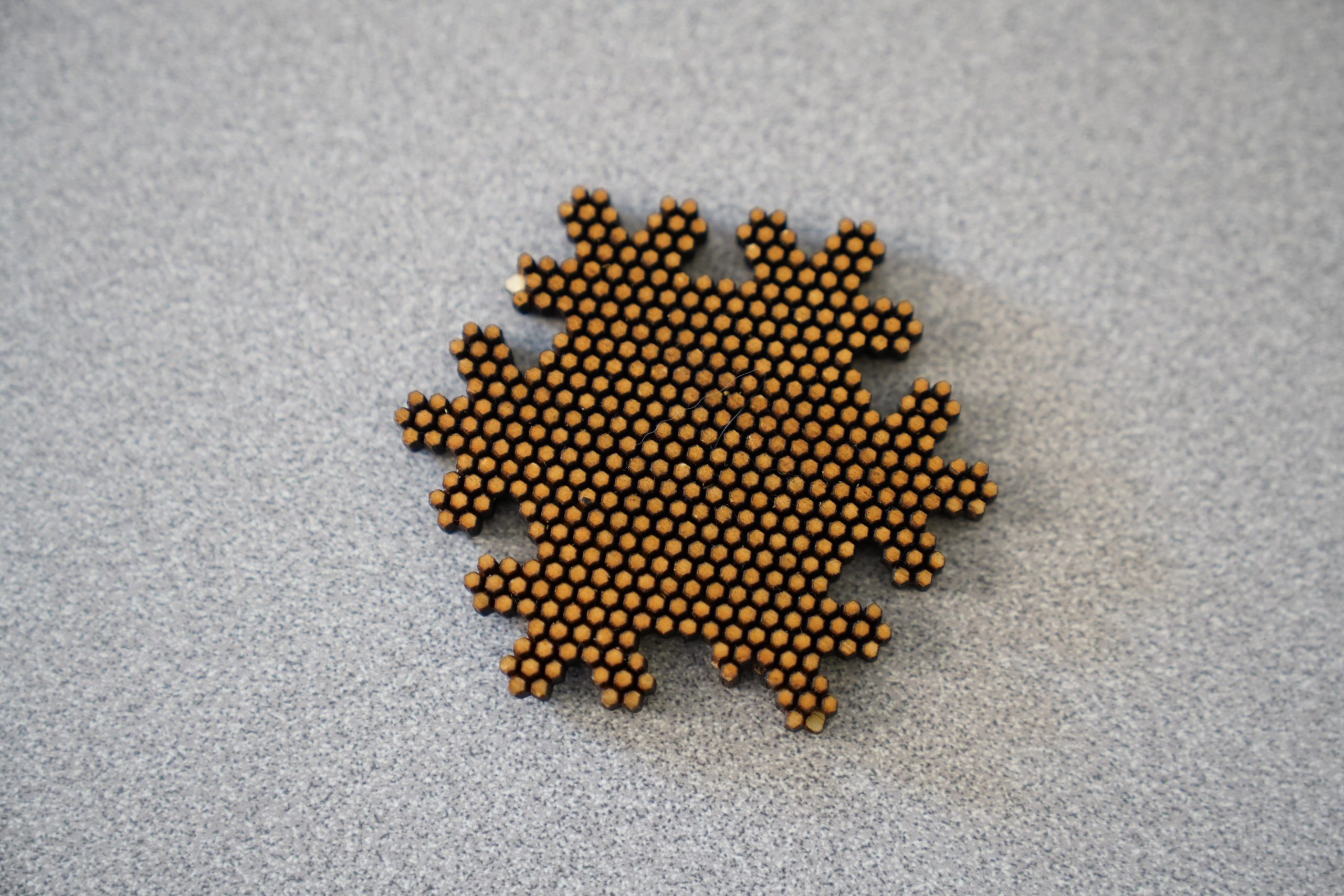Spécialité NSI (Numérique et Sciences Informatiques)

Presentation
The NSI (Numérique et Sciences Informatiques) specialization aims at appropriating the foundations of computer science to prepare students for further studies in higher education, by training them in the practice of a scientific approach and by developing their appetite for research activities.
The objective of this non-professionalizing course is to appropriate the concepts and methods that underlie computer science, in its scientific and technical dimensions.
This teaching is based on the universality of four fundamental concepts and the variety of their interactions:
- Data, which represents in a unified digital form very diverse information: texts, images, sounds, physical measurements, sums of money, etc.
- Algorithms, which specify in an abstract and precise way the treatments to be carried out on the data from elementary operations.
- The languages, which allow to translate the abstract algorithms into textual or graphic programs so that they can be executed by machines.
- The machines and their operating systems, which allow to execute programs by chaining a large number of simple instructions, ensuring the persistence of the data by their storage, and to manage the communications. This includes connected objects and networks.
From primary school, students discover simple algorithms; in secondary school, algorithms become more complex and students start programming in Scratch as part of their mathematics and technology courses. From the Seconde, students discover the Python programming language and, as part of the DST – Digital Sciences and Technology course, acquire a digital culture that is essential for all citizens: the Internet, the Web, social networks, data, cartography, connected objects and digital photography.
The NSI – Numérique et Sciences Informatiques – specialization is an opportunity for students who choose it to go beyond a simple digital and computer culture: they study computer science as a science and develop and acquire the following skills
- analyze and model a problem in terms of information flow and processing
- break down a problem into sub-problems, recognize situations that have already been analyzed and reuse solutions
- design algorithmic solutions;
- translate an algorithm into a programming language, specify interfaces and interactions, understand and reuse existing source code, develop program development and validation processes;
- mobilize the concepts and technologies useful to ensure the functions of acquisition, memorization, processing and dissemination of information;
develop abstraction and generalization skills.
And in concrete terms?
The teaching of computer science is not reduced to a presentation of concepts or methods, but allows students to truly appropriate them by developing projects (a minimum of 3 group projects per year).
These projects are varied and depend on the interest of the students (develop an online business site, create a database, create an application that allows to retouch photos, create an application that analyzes the vocabulary of a novel, etc.).
For example, this year, for the November 2021 science fair, three students of Première – Simon, Thomas, and Alexander – have created a program that prints or cuts snowflakes on paper or with a laser cutter. Their program is based on the snowflake model proposed by mathematician Norman Packard in 1986.
Finally, it is worth noting that the students at Lycée Claudel who take this specialization participate in the Canadian Computing Competition (CCC) organized each year by the University of Waterloo. The University of Waterloo is world-renowned for its excellence in mathematics and computer science and its competition requires advanced skills in algorithms and programming. 4 students from the high school have obtained a distinction in this competition in the 2021 session.